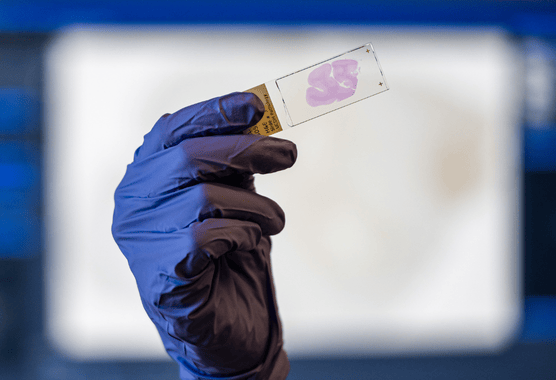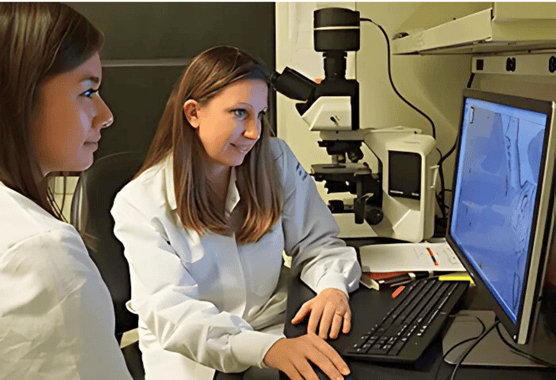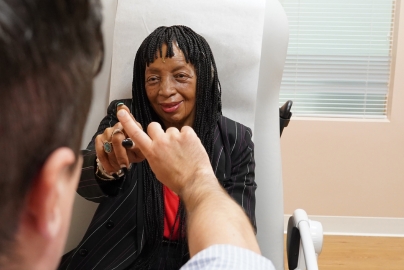- We are interested in modifiable risk factors and their associations with cognitive decline.
- We develop and evaluate biomarkers of disease progression.
- We study mixed pathologies and especially the role that vascular disease plays in the progression of dementia.
Scientists and Trainees

-

Research Objectives
-

Study Population
- We emphasize the recruitment of people in our community who identify as African Americans, Latinx, and white with some referrals from the clinic.
- Our center prioritizes individuals with normal cognition or mild cognitive impairment, so that, over time, we are able to understand the changes that occur as the disease progresses.
Get Involved
We offer several opportunities for professional scientists and trainees to become involved with our center.
award_star
Award Opportunities
We offer annual Development Awards for junior researchers or senior researchers new to the field of dementia research that fund projects to generate pilot data for competitive extramural grants. We also have a Research Education Component (REC) Program that offers training and mentoring by our faculty.
groups
Research Meetings
We hold research meetings 2-3 times a month, through which investigators present research for feedback or to explore a collaboration with us.
school
Training, Internship, and Volunteer Opportunities
We offer several fellowships for medical students. If you are an undergraduate or medical student, you can apply for our internship and volunteer opportunities.
